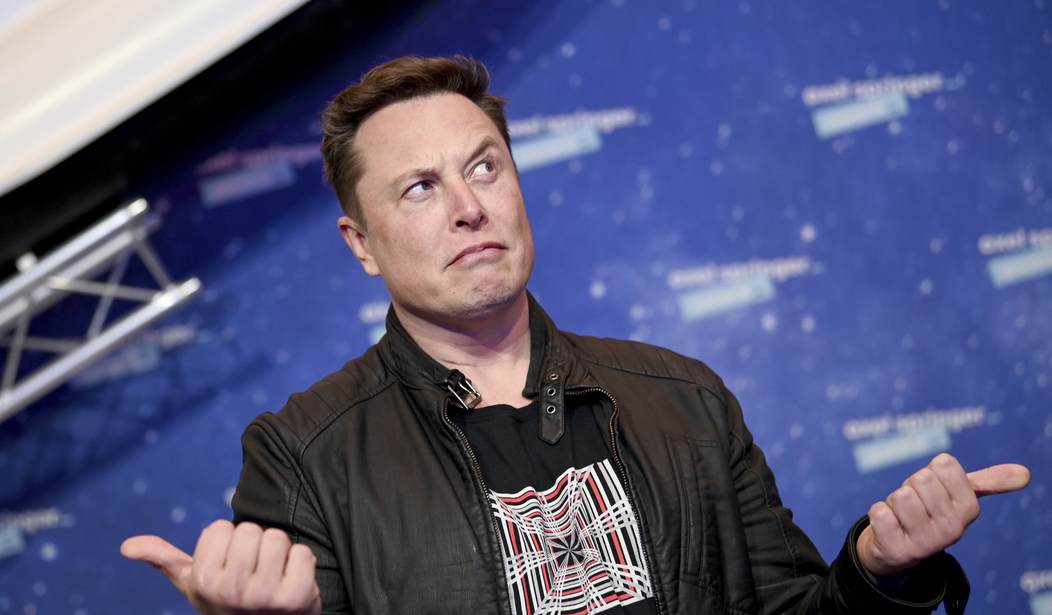You've read more than once right here at PJ Media about the $7.5 billion that Presidentish Joe Biden's Infrastructure Investment and Jobs Act put on the table as an inducement to build a network of 500,000 EV charging stations up and down the nation's interstate highways. And you've read about how few have been built — eight, at last count.
Well, that was a bargain compared to today's boondoggle.
The same law also set aside $42.45 billion — that's three Ford-class nuclear-powered aircraft carriers — to deploy high-speed internet to millions of Americans who currently lack access. That mostly means rural folks, who are usually the last to get anything new, like drug-resistant herpes or imaginary personal pronouns.
This is the part of the column where I'd ask you to guess how many Americans had been wired for high-speed internet after 2.5 years and all of those billions, and then you'd say, "Zero?" and then we'd both say we need a drink.
Because the answer truly is a big, fat zero.
FCC commissioner Brendan Carr posted to X a few days ago, "Mostly, the $42.45B is just sitting there. Not even one shovel's worth of dirt has been turned."
The infrastructure act is typical Bidenomics, loaded up with rules and regulations that make it impossible to get anything done quickly. As Carr put it, they include "rate regulation, thumb on the scale for government-run networks, technology bias, union preferences plus many more problems."
And since the states are required under the law to submit proposals — again, laden with Bidenomics red tape — no cable was expected to be laid before 2025, anyway. Remember those "shovel-ready jobs" from the last time Biden was in charge of doling out billions of other people's money? Yeah, that was great.
Recommended: The California Exodus May Be Just Beginning
Going back to Commissioner Carr's thread on this, all that red tape means "many of the broadband builders that would normally bid to do this work are not expressing interest in taking these dollars." Just because there's "free" money on the table doesn't make it worth the frustration of getting into bed with Washington.
We've seen the same issue crop up with getting those EV charging stations built and with the $52 billion CHIPS act that is supposed to on-shore advanced chipmaking but is looking more like a big bailout for Intel without doing anything to help the company recover from years of misplaced bets and poor execution.
Meanwhile, there has been an easy solution for getting high-speed internet to rural areas staring at us in the face: Starlink. If you've got $300 to $500 to spend on equipment — that you can set up yourself — you can have Starlink in a hurry. Or if we must, since there's a Democrat in the White House, Washington could send $500 checks to everyone who wants it.
But where's the graft in sending out $500 checks and letting them set up their Starlink transceivers? Where are the union jobs? Where are the meddlesome rules and regulations? Where are the local commissions with their hands out? WHERE IS THE GRAVY TRAIN?
The $42.45 billion was never for high-speed internet. The $42.45 billion exists so there would be $42.45 billion to dole out to interest groups gathered at every stop along the route of Biden's low-speed gravy train.










Join the conversation as a VIP Member